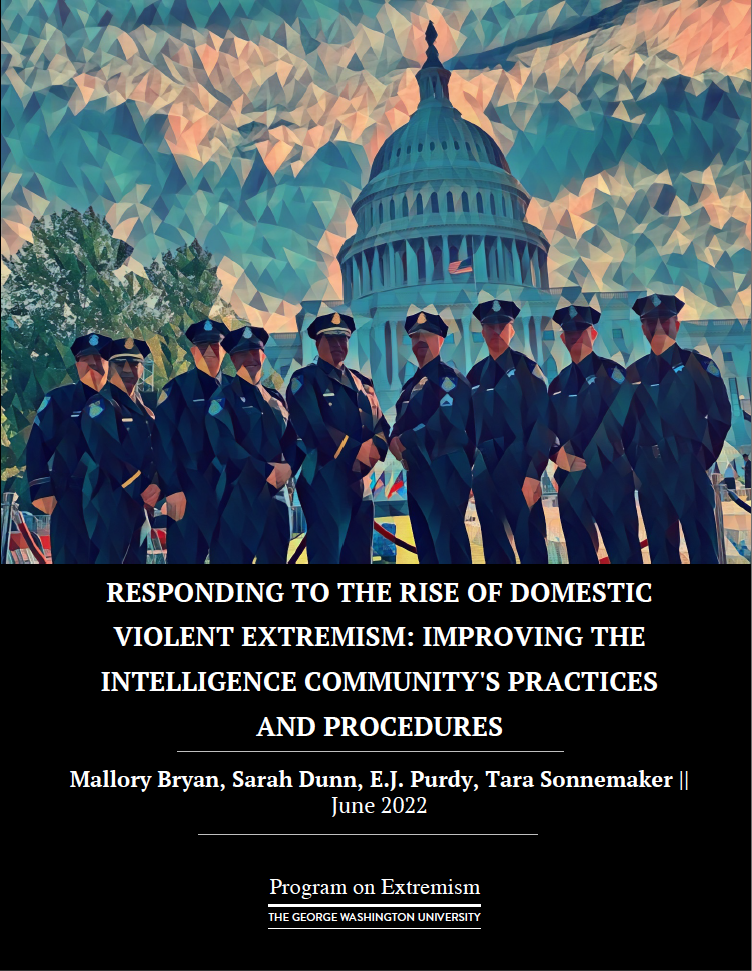The January 6, 2021 attack on the U.S. Capitol and election certification process represented a turning point in the law enforcement and intelligence community’s (IC) understanding of domestic violent extremism (DVE). Whereas prior threat assessments predominately looked toward foreign-based threats to U.S. national security, high-level national security policymakers began to sound the alarm about the threat of domestic violent extremism. In order to prevent future attacks on the United States, the U.S. national security community must strategically reform its analysis, cooperation, and coordination structures to better respond to the rising challenge of DVE. Without an appropriate policy response, DVE will likely continue to challenge and strain domestic national security resources. This paper accordingly evaluates U.S. intelligence and law enforcement capabilities with regard to DVE threats, and determines how the U.S. government can enhance its response to DVE threats. This analysis relies on quantitative and qualitative sources, including an analysis of U.S. policies related to DVE and intelligence, a review of databases tracking incidents of DVE attacks, and interviews of subject matter experts with substantial practical experience in this field.
This paper provides three recommendations to the intelligence and law enforcement communities for improving current counter-DVE policies:
• The IC and law enforcement should use post-conviction data to populate a classified and anonymized database for tracking DVE incidents.
• Law enforcement leadership should improve outreach efforts between federal, state, and local law enforcement and training courses and opportunities for personnel.
• The Director of National Intelligence should establish a new mission center under the Office of the Director of National Intelligence tasked with leading coordination of counter-DVE policies across the U.S. government.


